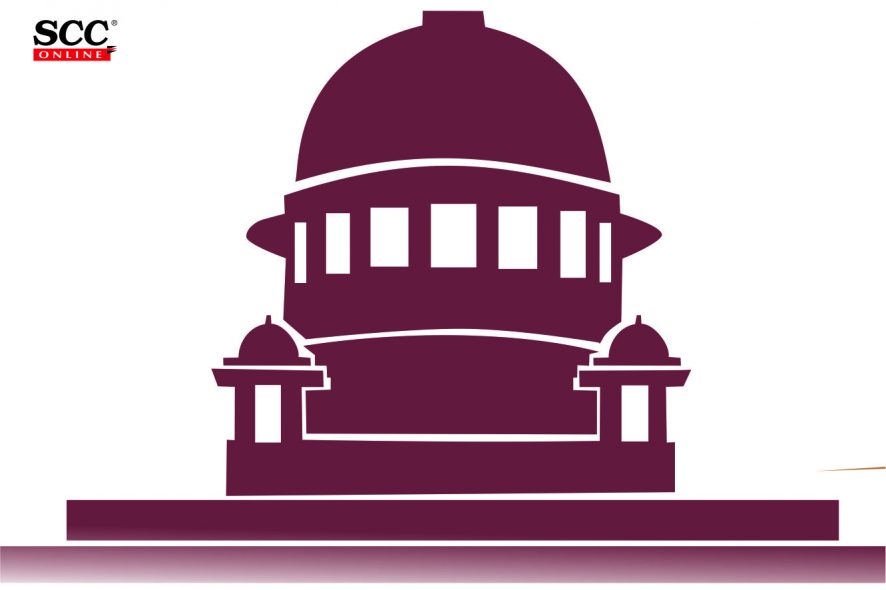Supreme Court: In a case where the Bombay High Court failed to to evaluate even prima facie of the most basic issue thereby refusing bail to the accused, the bench of Dr. DY Chandrachud* and Indira Banerjee, JJ has reminded the High Courts and District Courts of their duty to ensure human liberty.
In the judgment running into 55-pages, here is what the Court said:
Fair Investigation
The public interest in ensuring the due investigation of crime is protected by ensuring that the inherent power of the High Court is exercised with caution. That indeed is one – and a significant – end of the spectrum. The other end of the spectrum is equally important: the recognition by Section 482 of the power inhering in the High Court to prevent the abuse of process or to secure the ends of justice is a valuable safeguard for protecting liberty.
The need to ensure the fair investigation of crime is undoubtedly important in itself, because it protects at one level the rights of the victim and, at a more fundamental level, the societal interest in ensuring that crime is investigated and dealt with in accordance with law. On the other hand, the misuse of the criminal law is a matter of which the High Court and the lower Courts in this country must be alive.
“Courts should be alive to both ends of the spectrum – the need to ensure the proper enforcement of criminal law on the one hand and the need, on the other, of ensuring that the law does not become a ruse for targeted harassment.”
Procedural hierarchy of Courts
The procedural hierarchy of courts in matters concerning the grant of bail needs to be respected. The High Court has the power to protect the citizen by an interim order in a petition invoking Article 226. Where the High Court has failed to do so, the Supreme Court would be abdicating its role and functions as a constitutional court if it refuses to interfere, despite the parameters for such interference being met.
“The doors of this Court cannot be closed to a citizen who is able to establish prima facie that the instrumentality of the State is being weaponized for using the force of criminal law. Our courts must ensure that they continue to remain the first line of defense against the deprivation of the liberty of citizens. Deprivation of liberty even for a single day is one day too many. We must always be mindful of the deeper systemic implications of our decisions.”
Emphasizing on the role of the district judiciary, which provides the first point of interface to the citizen, the Court said,
“Our district judiciary is wrongly referred to as the “subordinate judiciary‘. It may be subordinate in hierarchy, but it is not subordinate in terms of its importance in the lives of citizens or in terms of the duty to render justice to them.”
High Courts get burdened when courts of first instance decline to grant anticipatory bail or bail in deserving cases. This continues in the Supreme Court as well, when High Courts do not grant bail or anticipatory bail in cases falling within the parameters of the law. The consequence for those who suffer incarceration are serious. Common citizens without the means or resources to move the High Courts or this Court languish as undertrials. Courts must be alive to the situation as it prevails on the ground – in the jails and police stations where human dignity has no protector. As judges, we would do well to remind ourselves that it is through the instrumentality of bail that our criminal justice system’s primordial interest in preserving the presumption of innocence finds its most eloquent expression.
“Tasked as we are with the primary responsibility of preserving the liberty of all citizens, we cannot countenance an approach that has the consequence of applying this basic rule in an inverted form. We have given expression to our anguish in a case where a citizen has approached this court. We have done so in order to reiterate principles which must govern countless other faces whose voices should not go unheard.”
Data reflecting pending Bail applications in High Courts and District Courts across India
Noticing that 15,54,562 bail applications are currently pending in High Courts and District Courts across India, the Court said that
“The Chief Justices of every High Court should in their administrative capacities utilize the ICT tools which are placed at their disposal in ensuring that access to justice is democratized and equitably allocated. Liberty is not a gift for the few. Administrative judges in charge of districts must also use the facility to engage with the District judiciary and monitor pendency.”
[Arnab Manoranjan Goswami v. State of Maharashtra, 2020 SCC OnLine SC 964, decided on 27.11.2020]
*Justice Dr. DY Chandrachud has penned this judgment. Read more about him here.
SC grants interim bail to 3 accused in Anvay Naik suicide case. Calls Bombay HC order erroneous






